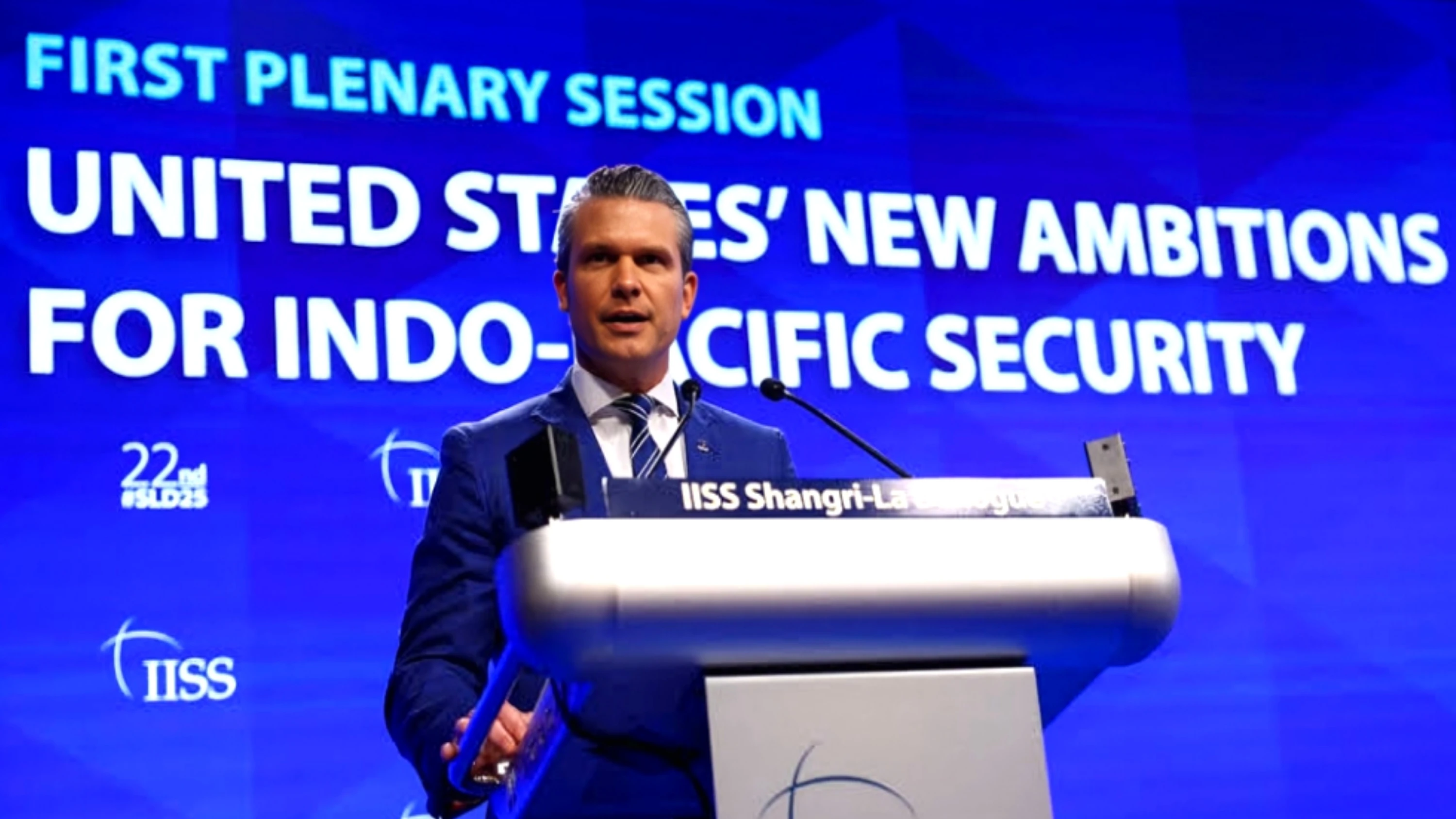Washington: A groundbreaking announcement from Chinese artificial intelligence startup DeepSeek has sent shockwaves through global markets, disrupting the dominance of the US tech sector.
The one-year-old company revealed its AI model, R1, which rivals popular AI systems like OpenAI’s ChatGPT and Google’s Bard but operates at a fraction of the cost. DeepSeek claimed to have spent just $5.6 million on computing power for its model, compared to the hundreds of millions or even billions typically required by US tech giants.
News of this stunning achievement caused a sharp selloff in US tech stocks on Monday, with the Nasdaq plunging 3.1% and the S&P 500 losing 1.5%. Nvidia, the leader in AI chip manufacturing, saw its stock plummet nearly 17%, wiping out $588.8 billion in market value—the largest single-day loss ever recorded by a public company. The selloff pushed Nvidia from the top spot as the most valuable publicly traded company to third place behind Apple and Microsoft.
The fallout extended beyond Nvidia. Alphabet (Google’s parent company), Meta, and chipmakers like Marvell, Broadcom, and Micron saw their shares drop sharply. Meanwhile, energy companies that had benefited from the AI boom, such as Constellation Energy and Vistra, also took major hits as fears of reduced demand for power-intensive data centers mounted.
The DeepSeek's R1 model has drawn comparisons to the Soviet Union’s launch of Sputnik, which ignited the Cold War space race. Venture capitalist Marc Andreessen described it as “one of the most impressive breakthroughs” he had ever seen. Despite US restrictions on high-powered AI chip exports to China, DeepSeek appears to have developed its model using less advanced hardware, a feat that has rattled confidence in the US’s AI lead.
The R1 model has already become a consumer hit, reaching the top of Apple’s App Store charts. However, skepticism remains. Analysts are questioning how DeepSeek achieved such a cost-efficient model and whether its claims can hold up under scrutiny. Some experts believe this could be a pivotal moment for global AI, while others caution that US companies remain better positioned to tackle more ambitious AI challenges requiring significant infrastructure investments.
The ripple effects of DeepSeek’s announcement extended beyond technology. Energy stocks, which had soared in recent years due to AI-driven electricity demands, fell sharply. Constellation Energy, which had planned to restart the Three Mile Island nuclear plant for AI-related power needs, saw its stock tumble 19%.
Cryptocurrencies like Bitcoin also took a hit, and investors moved toward safer assets such as bonds.
For years, the US has dominated AI innovation, with companies like Nvidia and Meta leading the charge. Nvidia’s stock had skyrocketed in value, more than doubling each year for the past two years, while the “Magnificent Seven” tech companies—Alphabet, Amazon, Apple, Meta, Microsoft, Nvidia, and Tesla—have driven much of the S&P 500’s recent performance.
DeepSeek’s emergence now raises questions about whether the US can maintain its technological edge. The announcement has prompted a re-evaluation of investment strategies, with analysts warning about the risks of over-reliance on a few dominant tech players.
Some analysts suggest the market reaction may be overstated. While DeepSeek’s achievement is undeniably impressive, its long-term implications remain uncertain. Investors are awaiting more details on how the company managed to bypass restrictions on advanced chips and whether the R1 model can meet the broader demands of the AI industry.
For now, DeepSeek’s rise highlights the growing competition in AI and could shift investor focus toward undervalued Chinese tech companies. As markets digest this development, the stage is set for a fierce global race to redefine the future of artificial intelligence.








